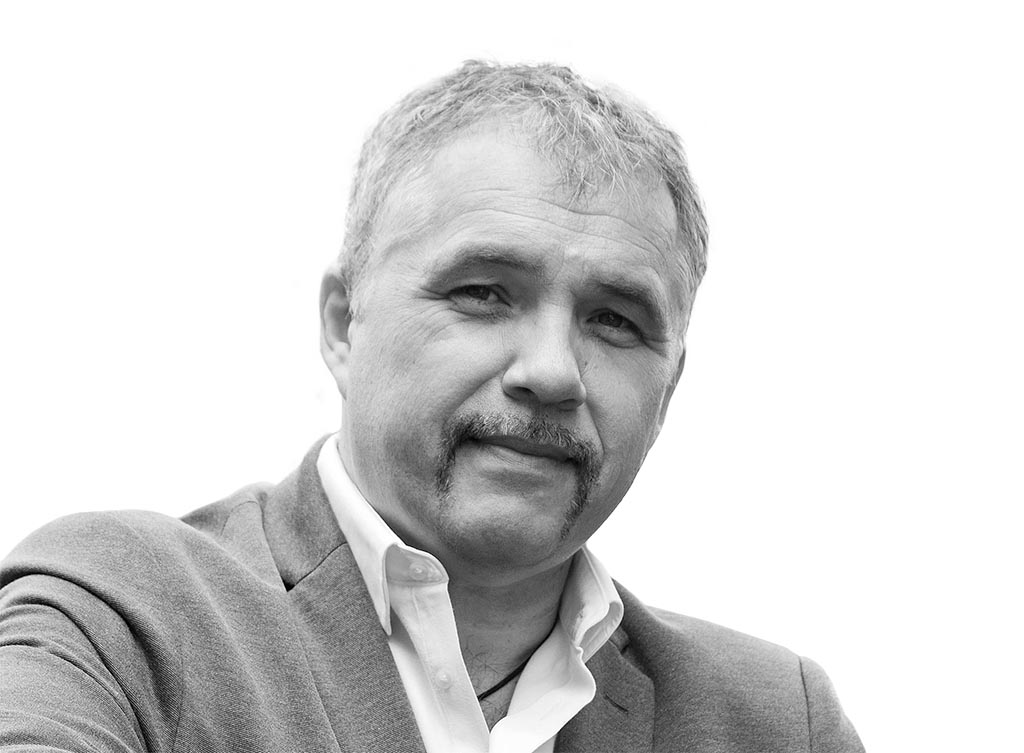By: Edvard Kadič
Folk wisdom says that one lie is enough to question everything else. Namely, trust is a rather elusive concept, but we find it everywhere and for the most part we are not even aware of it. It is a kind of sense of security that we feel for the future. Can you imagine a romantic relationship without trust? Can you imagine a bank made of straw instead of marble and cement? A visit to the doctor without trust in medicine?
In humans, trust can be understood both from body language, when someone shows their reliance on others, or from content, when we understand the reliance either directly or indirectly. However, trust is rarely universal. If I trust my minor child without hesitation to bring what was ordered from the store, my trust shifts considerably if he sits behind a wheel of a car and offers to take me somewhere. Trust also has its emotional charge. If we have positive feelings about the store in our example, our feelings about the child driving the car are anything but positive.
To trust or not to trust is innate to humans. Even when we first open our eyes and look at the miracle that is looking back at us smiling, our brain connects in a way that only after a few hours we follow this person. We even imitate their movements (smile, etc.), which is quite mysterious. We are therefore born as social beings, born to make connections with others, and enable others to make connections with us. Thus, to trust or not to trust.
However, we can never be truly sure of the intentions of others, their character, their motivation for individual actions, or even the actions they will make in the future. Until yesterday, loving fathers and family “doormats” can instantly become murderers, rapists, or tyrants of the worst kind. Incomprehension that trust is not only about anticipating future behaviour but also about emotional states, can come at a high cost. Political activist, e.g. as a rule address that these or those promises of their candidates will lead to this or that behaviour in the future. Doing that, however, they do not take into consideration that negative sentiment (emotional state!) that can be triggered in voters, when public simply loses trust, as they found out, for example, that the candidate has no content and raises the dust solely for the dust, and does not care for the common good.
So what can we do to reduce our level of doubt and make it easier to decide whether to trust someone or not?
First, let’s be gentle to ourselves and start with baby steps. Trust naturally involves risk and this cannot be avoided. However, we can still keep it at a manageable level if we are aware of the risks when establishing the relationship. We should bring some trust in our communication right from the start and keep a close eye on how our relationship is developing. In doing so, we should not forget about the doubts and dilemmas that our interlocutor is facing. More specifically, we humans are egocentric and can easily fall into the trap of paying too much attention to ourselves. That we are constantly paying attention only to how we work, what we have to say, and what our level of trust is. Consequently, we forget that the interlocutor is facing his/her own doubts and occasionally needs some assurance that he/she can trust us. We also separate the roles and people involved in them. Our trust in a police officer can be quite different as long as we recognise him merely as an official. After recognising our neighbour Aleš, who works for the Police, the trust can quickly change, right?
Above all, let’s first get to know ourselves well before we try recognising others. Most people fall into one of the two extremes. Namely, they trust too much and too quickly, or they trust too little and they need an infinite amount of time to strengthen their trust at least a little. Let’s consider to which extreme we belong. This should then be the starting point. If you trust too quickly, but you trust the wrong people, you need to learn to recognise the signals that the “wrong” people send. However, if you recognise these signals well, but you are still not able to develop a relationship, then it is time to seriously consider your behaviour towards others.
Just trust yourself that you can change and things will flow.
Edvard Kadič is an expert in communication and personal development, a lecturer, trainer and consultant in the field of personal charisma.

